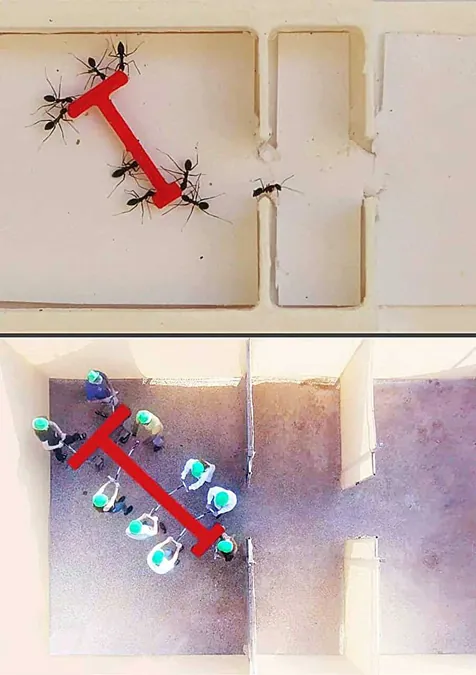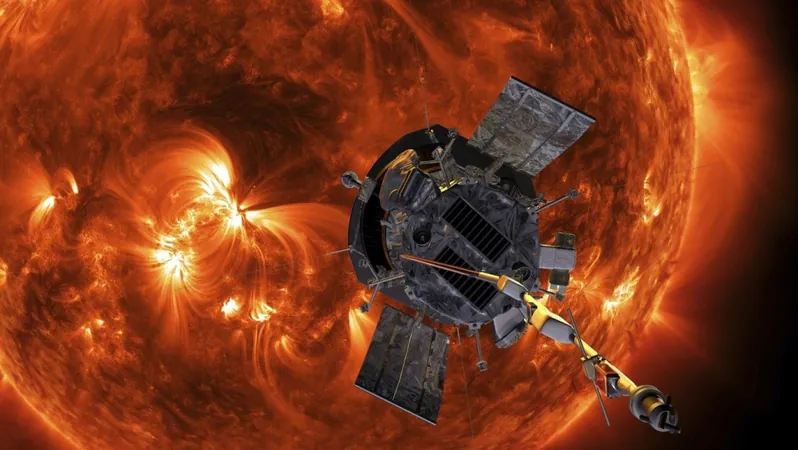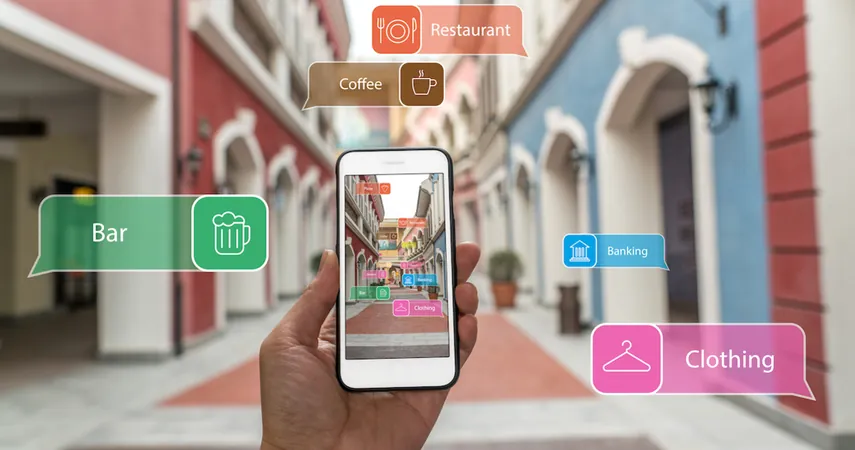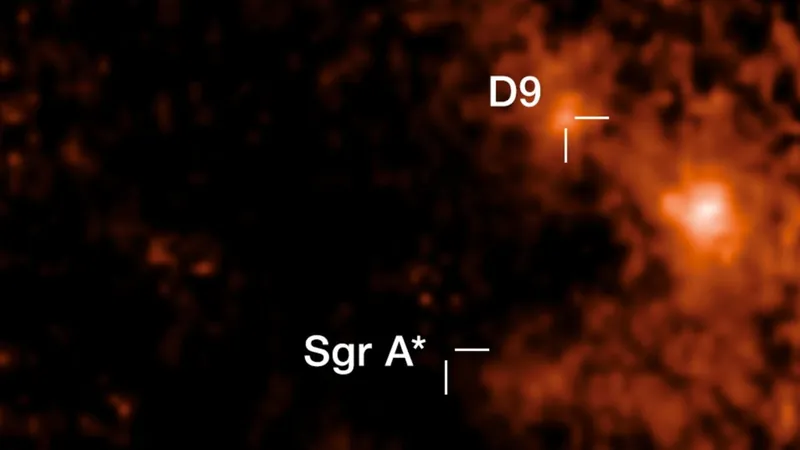
Surprising Study Reveals Ants Outsmart Humans in Team Problem-Solving
2024-12-27
Author: Benjamin
Introduction
In a groundbreaking study that challenges our notion of human superiority, researchers have discovered that ants can outperform humans when it comes to solving complex group puzzles. While we often pride ourselves on being the smartest creatures on the planet, the results from this innovative research using a geometric challenge known as the "piano-movers" task suggest otherwise.
The Study
The study centered on longhorn crazy ants, chosen for their impressive cooperative abilities. These tiny creatures, aptly named for their zippy, erratic movements, tackled a daunting task: moving a T-shaped load through a narrow maze designed to assess their collective problem-solving skills. The challenge required navigating tight spaces, assessing angles, and communicating with each other to effectively transport their 'piano' (or food, in their case) back to their nest.
Human vs. Ants
Researchers created similar mazes for both ants and humans. The human participants, divided into different groups, were tested in pairs, small teams of 6-9, and larger clusters of 26. To make the experiment more reflective of the ants' communication style, some human groups were prohibited from talking and wore surgical masks and sunglasses to obscure their communication cues.
Findings
Initially, in one-on-one challenges, humans showcased their spatial reasoning skills and edged out ants in problem-solving efficiency. They chose direct paths and simplified complex problems effectively. However, the dynamics shifted dramatically in group scenarios. As the size of groups increased, ants displayed impressive coordination and collective memory, allowing them to optimize their strategies and avoid mistakes. In contrast, human groups, particularly when their communication was restricted, struggled to leverage their cognitive strengths. They often fell into 'greedy' strategies—short-term solutions that did not benefit the overall goal.
Paradox of Evolution
The research highlights a paradox of evolution: while ants have honed their collective abilities, humans have developed advanced individual cognition that falters in group settings. Ofer Feinerman, a co-author of the study from the Weizmann Institute of Science, pointed out, "An ant colony operates like a family with a common interest, which allows for profound cooperation, often surpassing human collaboration."
Implications
The revelation prompts a reevaluation of the "wisdom of the crowd," a popular belief in the efficacy of group intelligence, particularly in modern social networks. This study indicates that humans might not reach greater cognitive heights through collaboration in the same way that ants do.
Future Research
Looking ahead, this research paves the way for further exploration into collective cognition across species. Understanding how different creatures communicate and work together could provide invaluable insights into teamwork and collaboration in human societies. Not only does this knowledge have implications for enhancing group dynamics in various settings—from workplaces to community groups—but it could also inform advancements in technology, such as decentralized robotic systems that mimic ant behaviors for improved cooperation among machines.
Conclusion
In conclusion, while we might still hold the title for individual IQ, this study serves as a humbling reminder that in the realm of teamwork and collaboration, sometimes the smallest creatures can teach us the biggest lessons.









 Brasil (PT)
Brasil (PT)
 Canada (EN)
Canada (EN)
 Chile (ES)
Chile (ES)
 España (ES)
España (ES)
 France (FR)
France (FR)
 Hong Kong (EN)
Hong Kong (EN)
 Italia (IT)
Italia (IT)
 日本 (JA)
日本 (JA)
 Magyarország (HU)
Magyarország (HU)
 Norge (NO)
Norge (NO)
 Polska (PL)
Polska (PL)
 Schweiz (DE)
Schweiz (DE)
 Singapore (EN)
Singapore (EN)
 Sverige (SV)
Sverige (SV)
 Suomi (FI)
Suomi (FI)
 Türkiye (TR)
Türkiye (TR)